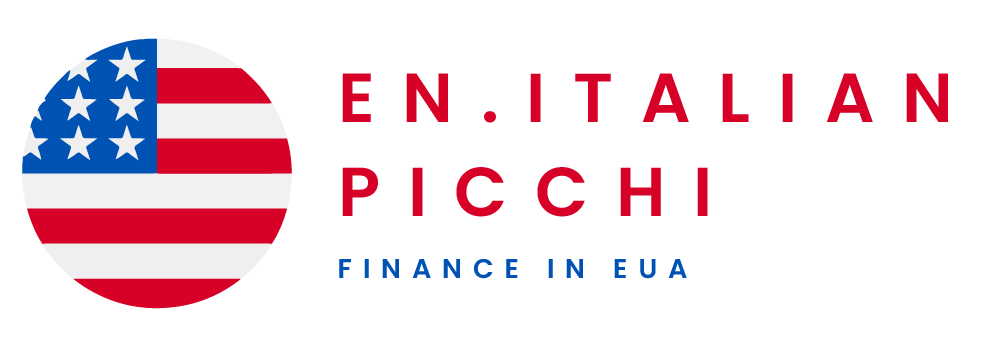In today’s digital age, understanding the intricacies of money management is more important than ever. Whether you’re an entrepreneur, investor, or simply someone looking to improve personal finances, the way you handle money can significantly impact your financial well-being. With the right strategies and insights, mastering the art of money can lead to financial success and stability.
In this post, we delve into essential money management techniques designed to enhance your financial literacy. From budgeting basics to the nuances of investment strategies, we’ll explore tools and tips that can boost your financial prowess. Equip yourself with the knowledge to navigate the often complex world of finance with confidence and clarity.
Effective money management not only helps in achieving short-term financial goals but also ensures long-term prosperity. By adopting smart money practices, you can build a solid foundation for your future financial endeavors. Stay tuned as we guide you through practical steps to make informed financial decisions, tailored to your unique needs and aspirations.
Budgeting Basics
Budgeting is the cornerstone of any effective money management strategy. It involves creating a plan for how you will allocate your income towards expenses, savings, and investments. By doing so, individuals can take control of their financial situation and avoid unnecessary debt. Understanding one’s spending habits is crucial to developing a budget that is both realistic and achievable.
There are different methods of budgeting, each with its own advantages and detriments. One popular approach is the 50/30/20 rule, which suggests that 50% of income should go to needs, 30% to wants, and 20% to savings. This framework provides a simple yet effective way to manage finances and prioritize different financial goals. Implementing this method could be beneficial for those new to budgeting.
Moreover, technological advancements have introduced budgeting apps that make tracking expenses more convenient and accurate. Tools such as these can provide detailed insights into spending patterns and help identify areas where money could be saved. Utilizing technology can simplify the budgeting process, promoting greater financial awareness.
Investment Strategies
Investing is a critical component of building wealth over time. It involves allocating resources, usually money, in order to generate income or profit. Understanding various investment strategies is essential for anyone looking to grow their financial portfolio. Whether it is stocks, bonds, or real estate, each investment type carries its own set of risks and rewards.
A diversified investment portfolio can mitigate risks and enhance potential returns. This involves spreading investments across different asset classes to reduce the impact of any single asset’s poor performance. Diversification has long been a key principle in investment strategies and is often recommended by financial experts.
It’s important to align investment strategies with individual financial goals and risk tolerance levels. Seeking advice from financial advisors can provide valuable insights into market trends and investment opportunities. Ultimately, the right investment strategy depends on personal circumstances and financial objectives.
(Savings)
Saving money regularly is an integral practice for achieving financial stability. It involves setting aside a portion of income for future use, whether for emergencies or specific financial goals. Building a savings habit can provide a safety net for unexpected expenses and offer peace of mind.
There are various accounts where money can be saved, each with different interest rates and terms. High-yield savings accounts, for example, provide better returns on deposit compared to traditional saving accounts. Choosing the right account can enhance the growth of savings over time.
Moreover, automating savings by setting up a direct transfer from checking accounts to savings accounts can instill discipline in saving behavior. This “pay yourself first” approach ensures that saving is prioritized before other expenses, helping individuals meet their financial goals more effectively.
(Debt Management)
Managing debt is a significant aspect of financial health. Accumulating high-interest debts such as credit card and payday loans can hinder financial progress. Hence, developing a plan to manage and reduce debt is crucial for financial stability.
Debt consolidation is a method where multiple debts are combined into a single loan with a potentially lower interest rate. This can simplify payments and reduce the financial burden of handling numerous creditors. However, it’s essential to consider any fees involved and whether it truly saves money in the long run.
Additionally, negotiating with creditors for better terms or rates is an option worth exploring. Many lenders prefer to work with customers to ensure debt repayment, making it possible to reach mutually beneficial agreements. Efficient debt management can pave the way to better financial opportunities.
(Financial Literacy)
Financial literacy is the ability to understand and effectively use various financial skills. These include personal financial management, budgeting, and investing. Enhancing financial literacy equips individuals with the knowledge required to make informed financial decisions.
Educational resources such as online courses, workshops, and seminars are widely available to improve financial literacy. Engaging with these resources can demystify complex financial concepts and empower individuals to take charge of their finances.
Furthermore, integrating financial education into school curriculums can prepare future generations for financial independence. Teaching young people the importance of money management ensures a well-prepared populace equipped to face economic challenges head-on.
Conclusion
Mastering money management techniques is essential for financial success. From budgeting and investment to savings and debt management, each aspect is interlinked and critical for achieving financial goals. By improving financial literacy and adopting effective strategies, individuals can navigate their financial journeys with confidence and clarity. Ultimately, informed and proactive money management is the key to long-term financial well-being.




